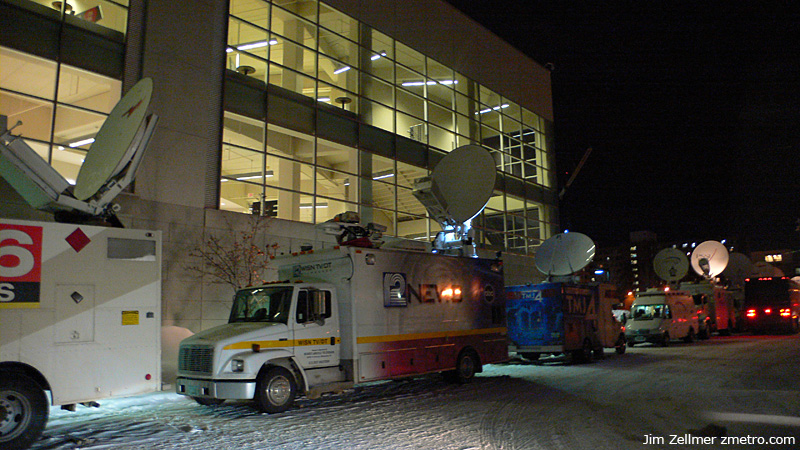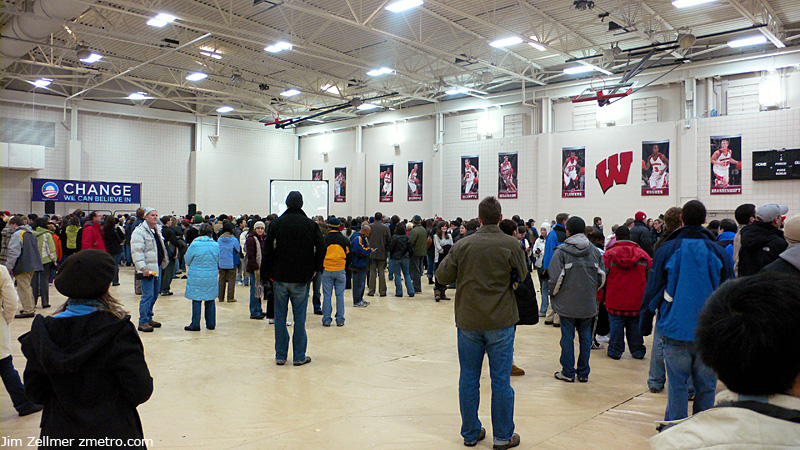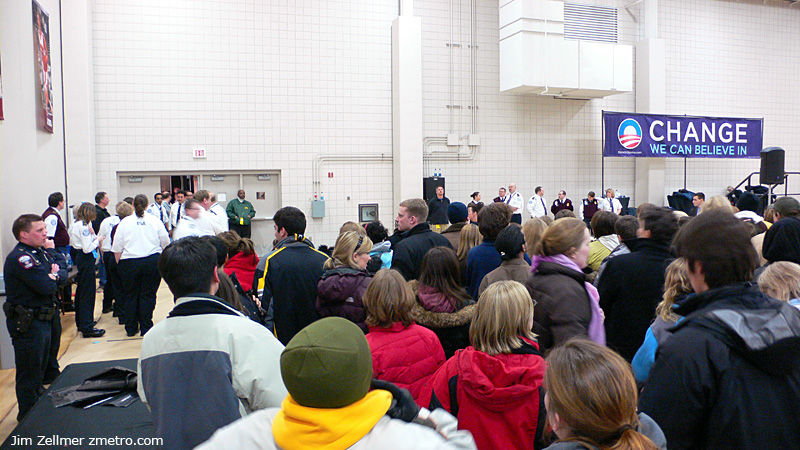James Fallows, viewing events from Beijing:
I have known and liked Chuck Spinney for a very long time, since I wrote about him and his original “defense reform” colleagues, notably John Boyd and Pierre Sprey, in the Atlantic and in National Defense in the early 1980s. Boyd of course originated the concept of the “OODA Loop.” This was the idea, derived from Boyd’s “Patterns of Conflict” briefing, that the victor in any conflict would not necessarily be the stronger or better-prepared party. Rather it would be the one who recognized changing realities, and chose and implemented the right new course of action, faster than the opponent. Boyd came up with the theory by analyzing aerial combat among fighter planes, but in his view it could be applied to every sort of human contest, from sports to business to armed conflict.
(OODA stands for Observe, Orient, Decide, and Act. To react to changing reality faster than the opponent can, or to interfere with the opponent’s ability to perceive realistically what is happening to him, is to “get inside his OODA loop.” Everything anyone would ever want to know about Boyd, Spinney, Sprey; about their contemporary colleagues like Chet Richards, Donald Vandergriff, WIlliam Lind, GI Wilson, etc; and about OODA loops and the related concept of 4GW, or Fourth Generation Warfare, can be found at two excellent, related “Defense and the National Interest” sites, here and here.)
And the theory also applies to politics, as Spinney has argued in a recent item about the contest for the Democratic nomination. His analysis, “Is Obama inside Hillary’s OODA loop?” comes after the jump. The incidents he mentions are all familiar; what’s at least a little new is his combination of them in Boyd-style perspective — in particular Bill Clinton losing his sense for how the battle is shifting. I am posting this before the Wisconsin results are known, and before the (in my view bogus) “plagiarism” flap has died down, so that Spinney’s observation can be tested against those results.
Interesting and useful read.


